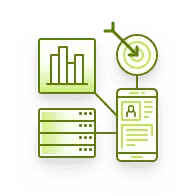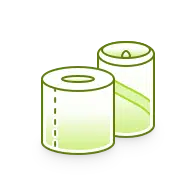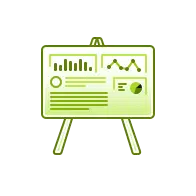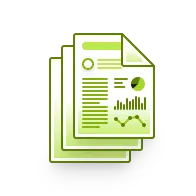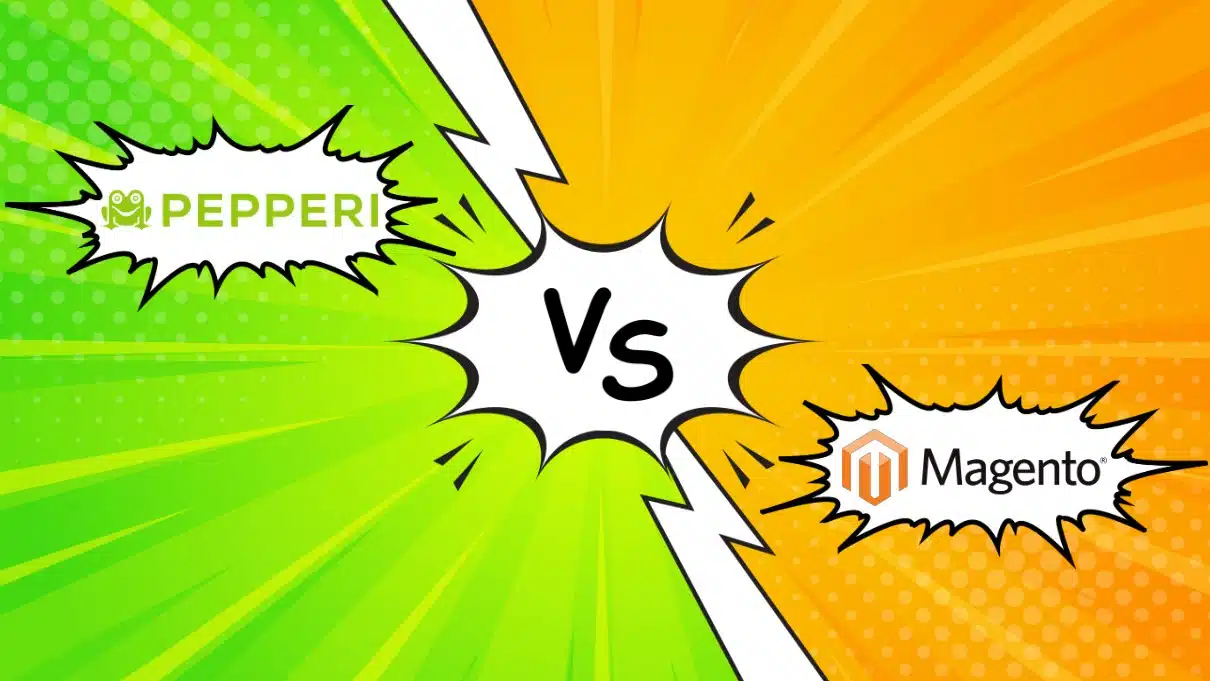What Wholesale CRM Offers that Traditional CRM Doesn’t
July 20, 2017 By Stacey Woods

Not all customer relationship management (CRM) platforms are relevant for all sales models. While traditional CRM systems–like SalesForce, Oracle, and Microsoft–work for some, they don’t support the common workflows of wholesale ecommerce platform sales reps.
This is especially true in the consumer packaged goods (CPG) industry. CPG sales reps spend the majority of their time out in the field–whether they’re serving customers at a retail store, making a delivery run, or attending a convention. Since sales reps need access to back-office operations in real-time regardless of their location, manual b2b ordering system and note-taking do not suffice.
Traditional CRM falls short
While some features of traditional CRM might sound good, they don’t meet all of wholesalers’ needs. Traditional CRM, for example, are generally office-bound, and not adaptable to use in the field. They also primarily monitor the sales cycle, pipeline, and forecast–which means they don’t include product descriptions or pricing recommendations.
Instead, wholesalers need…
– CRM systems that operate across a variety of devices.
Because they’re often out of the office, sales reps need to be able to perform transactions even when they’re not at their computer. CRM systems that operate on sales reps’ personal devices, like their mobile phones and tablets, ensure that they can perform transactions instantly and check real-time sales updates from any location. It’s important that mobile and tablet CRM platforms include all the features of the desktop software, like real-time back-end integration with the company’s ERP.
– CRM systems that leverage existing mobile functions.
Mobile CRM also gives wholesalers essential features that traditional CRM does not. In addition to offering the same features as the desktop software, CRM on mobile and tablet can also make use of features like the GPS, camera, and productivity apps. Managers can also use such functions to check in with sales reps and oversee their activities remotely.
– CRM systems that are available for offline use.
Just as wholesalers’ field reps can’t rely on a trip to the office to use their CRM system, they also can’t depend on having internet to get the job done. Speedy and reliable internet won’t always be available at trade shows and conventions. CRM systems that work offline ensure that field reps won’t have to re-enter customer information if the internet cuts out. They’ll also ensure faster page loads so that sales reps can operate with maximum efficiency on the road.
– CRM systems that provide real-time updates with relevant information.
Unlike traditional CRM, good wholesale CRM contains a product catalog that includes images, product details, and upselling and cross-selling recommendations. That way, sales reps can locate relevant sales information and engage with their customers instantaneously.
Choosing mobile-first wholesale CRM
Those in the consumer packaged goods industry would be hard-pressed to find a better option to boost sales, increase efficiency, and provide an overall improved workflow than a mobile-first wholesale CRM platform. Such a platform works especially well for wholesalers on the road, as it allows them to access product inventory and conduct transactions from anywhere.
It’s essential that wholesalers incorporate a less traditional, more innovative CRM into their daily routine. Because wholesalers require a CRM system that operates offline a mobile-first CRM is indispensable; providing real-time ERP integration; facilitating smooth order-tracking and real-time sales updates.

